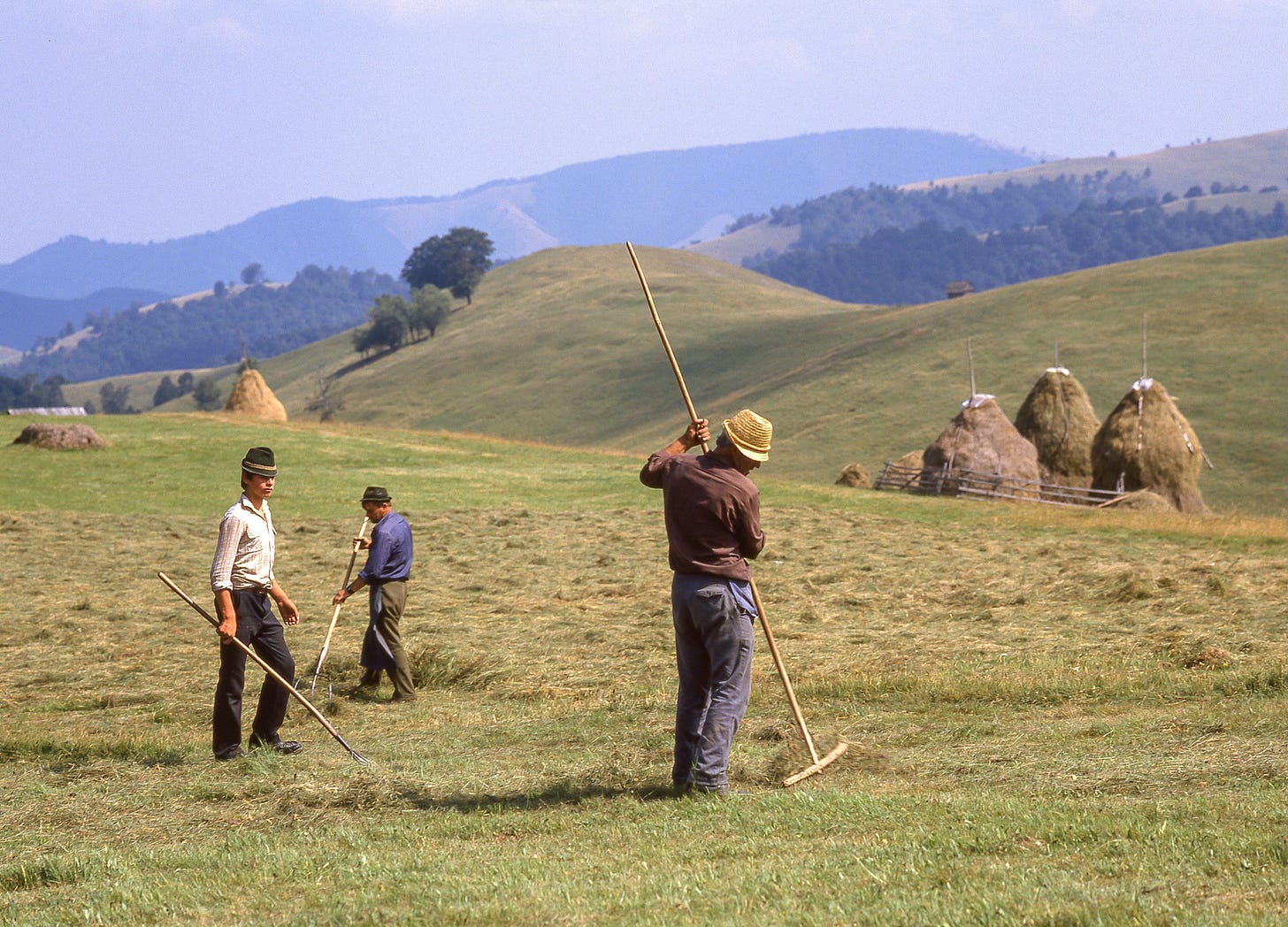While researching the ongoing war in Ukraine, I stumbled upon a story that seemed minor at first glance but quickly led me down a deeper geopolitical rabbit hole.
In March 2024, Romanian authorities discovered the wreckage of what appeared to be a Russian military drone in a field near Romania’s border with Ukraine.
Naturally, the idea of a Russian drone crashing in a NATO country is concerning. But what really caught my attention was the precise location of the crash.
The drone had come down on a massive stretch of farmland—56,000 hectares in total, significantly larger than the entire island of Malta. Even more intriguing, this land had been purchased in 2018 by a firm based in the United Arab Emirates (UAE), one with close ties to the Emirati government. The company reportedly paid over €200 million for the land and committed to invest another €500 million into the site.
This wasn’t just a one-off deal. It’s part of a much larger and largely overlooked trend.
Over the past 15 years, countries and corporations—often backed by foreign governments—have been quietly acquiring farmland and the associated supply chain infrastructure around the world.
While some of these are routine investments, a significant portion appear to be strategic acquisitions by entities linked to governments in the Middle East, China, and other emerging powers.
Reliable figures are hard to come by, largely because many of these deals have attracted little attention in the world’s media. However, the available data paints a striking picture. According to the non-profit organization GRAIN, UAE-linked companies have acquired approximately 960,000 hectares of farmland globally since 2008.
China’s footprint is even larger. One estimate puts its overseas land acquisitions—across agriculture, forestry, and mining—at 6.4 million hectares, roughly the size of Latvia.
At the heart of these deals is a geopolitical strategy that contrasts sharply with that of the West. While Western governments have historically trusted in global commodity markets to secure their food and raw materials, others—like China and the UAE—have opted for direct control.
By owning farmland outright, and the associated supply chain infrastructure, these nations are securing guaranteed access to one of the world’s most essential resources: food.
This strategy has been shaped by hard lessons from the recent past. In 2007–2008, a global food crisis—caused by widespread droughts and soaring oil prices (a key input in fertilizers)—led to massive spikes in food costs. Wheat prices, for instance, doubled in 2007 and reached a then-record high of over $11 per bushel by March 2008.
These price shocks triggered unrest across many parts of the world, with protests erupting over the soaring cost of basic food staples. While no governments fell, the instability served as a stark warning: hungry populations can quickly become volatile.
The threat hasn’t gone away. Food prices spiked again in 2022 after Russia’s invasion of Ukraine disrupted wheat exports from these two key countries. While prices have since fallen, long-term pressures continue to mount. The global population is projected to increase by nearly 2 billion over the next 25 years, placing unprecedented strain on food systems.
Meanwhile, climate change is already disrupting traditional agriculture. Droughts, floods, and shifting weather patterns are making crop yields increasingly unpredictable. A recent study in Nature estimates that global crop yields could decline by 8% by 2050—and by as much as 24% by 2100—due to climate-related disruptions.
These countries have shown great strategic foresight in seeking to secure their long-term food supplies. Unfortunately, in an interconnected global system, one nation’s food security can become another’s vulnerability.
When the next crisis comes, the fact that so much of the world’s food supply is controlled by a few states means that the rest of the world will either be forced to fight over the remaining supplies or accept whatever terms the owners impose.
Western states are finally coming to terms with how vulnerable they have become by allowing China to corner the market in rare earth metals. Now they need to wake up to this new reality in global food markets.











